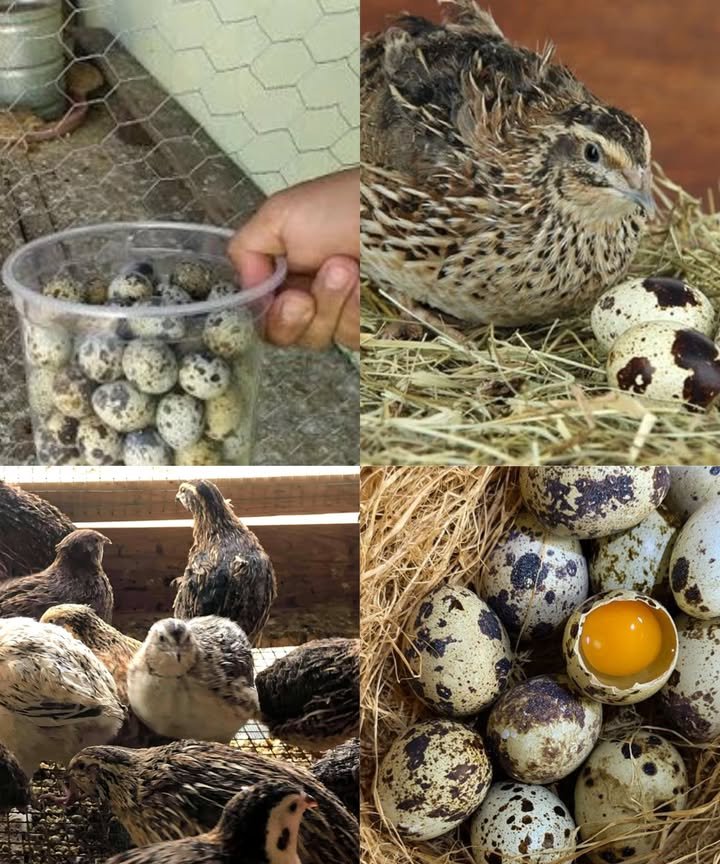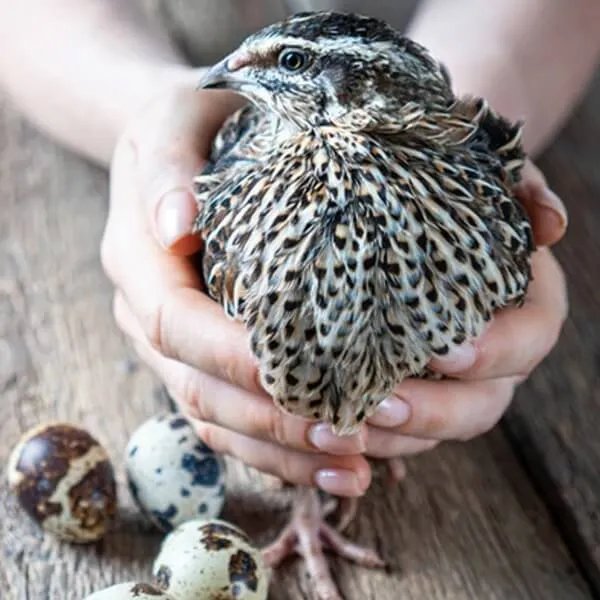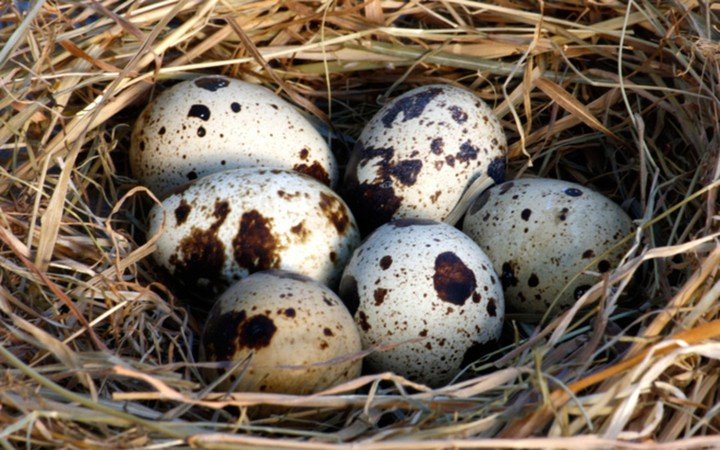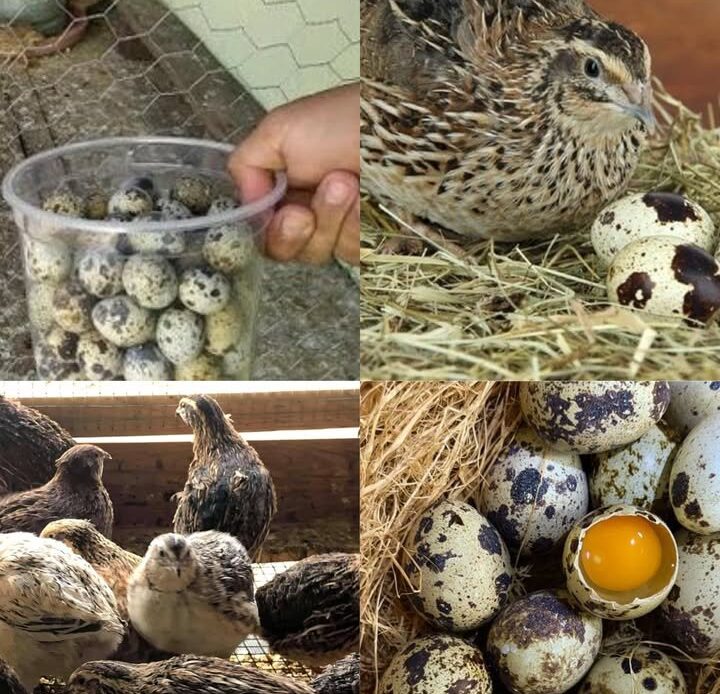Quail farming is gaining popularity among small-scale farmers and backyard poultry enthusiasts due to its many benefits. These small birds are easy to raise, require minimal space, and provide a consistent supply of nutritious eggs. Whether you are a beginner or an experienced poultry keeper, learning the right methods for raising quails will ensure healthy birds and high egg production.
## **Why Raise Quails?**

Quails offer several advantages over other poultry birds like chickens. Here are some key reasons why raising quails can be a rewarding venture:
– **Space-Efficient**: Quails require less space compared to chickens, making them perfect for small backyards or indoor enclosures.
– **High Egg Production**: Some quail breeds can lay up to 300 eggs per year, making them a reliable source of food or income.
– **Low Maintenance**: These birds consume less feed and have lower upkeep costs compared to other poultry.
– **Nutritious Eggs**: Quail eggs are packed with essential nutrients, including proteins, vitamins, and minerals, and are often considered a delicacy.
– **Fast Growth Rate**: Quails mature quickly, reaching egg-laying age within six to eight weeks.
– **Resilient to Diseases**: Compared to chickens, quails are more resistant to common poultry diseases, reducing the need for frequent medical intervention.
## **Setting Up a Quail Farm**
To successfully raise quails and optimize egg production, proper housing, feeding, and care are essential.
### **1. Housing Requirements**
Providing the right living conditions for your quails is crucial for their health and productivity.
– **Space Considerations**: Allocate at least 1 square foot of space per quail to prevent overcrowding and stress.
– **Cage Design**: Use well-ventilated cages with a wire mesh floor to keep the birds clean and minimize waste accumulation.
– **Protection from Weather**: Ensure the housing is sheltered from rain, direct sunlight, and strong winds to maintain a stable environment.
– **Nest Boxes**: If you are collecting eggs, provide comfortable nesting boxes with hay or soft bedding for better egg quality.
– **Lighting Needs**: Maintain 14-16 hours of light daily (natural or artificial) to encourage egg production.
### **2. Feeding and Nutrition**
A balanced diet is essential to ensure healthy quails and maximum egg production.
– **Protein-Rich Diet**: Provide commercial quail feed with at least 20% protein for optimal growth and laying performance.
– **Supplements**: Include calcium sources like crushed eggshells or oyster shells to promote strong eggshell formation.
– **Fruits and Vegetables**: Offer chopped greens, carrots, and grains as supplementary nutrition.
– **Fresh Water Supply**: Always keep clean water available to prevent dehydration and maintain overall health.
– **Avoid Overfeeding**: Overfeeding can lead to obesity and decreased egg production. Offer measured amounts based on age and activity level.
## **Caring for Your Quails**

Proper care and maintenance ensure a healthy flock and a steady supply of eggs.
### **1. Cleanliness and Hygiene**
– Regularly clean the cages, feeders, and water containers to prevent disease outbreaks.
– Remove droppings frequently to minimize ammonia buildup and odor.
– Disinfect the housing area periodically to maintain a safe environment.
### **2. Monitoring Health and Stress Levels**
– Keep an eye out for signs of illness, such as lethargy, loss of appetite, or ruffled feathers.
– Ensure a calm environment by reducing loud noises and sudden disturbances.
– Prevent overcrowding, as stressed quails tend to lay fewer eggs.
## **Choosing the Right Quail Breeds for Egg Production**
Some quail breeds are better suited for egg production than others. Here are the top choices:
– **Japanese Quail (Coturnix Japonica)**: The most popular breed, known for laying up to 300 eggs per year.
– **Bobwhite Quail**: A hardy breed, but with lower egg production compared to Coturnix quails.
– **Button Quail**: Small in size with moderate egg-laying abilities, often kept as pets rather than for commercial production.
## **Understanding the Egg Production Cycle**
Quails start laying eggs at around six to eight weeks of age. Understanding their laying cycle helps in maintaining consistency in production.
– **Peak Production**: Most quails lay eggs regularly until about nine months of age, after which egg production declines.
– **Daily Collection**: Collect eggs daily to maintain hygiene and prevent damage.
– **Seasonal Factors**: Egg production may slow down during colder months unless supplemented with artificial lighting and optimal temperatures.
## **Common Challenges and Solutions**

### **1. Low Egg Production**
– Ensure quails receive adequate lighting (14-16 hours per day).
– Provide a balanced diet with sufficient protein and calcium.
– Reduce stress factors such as overcrowding or frequent disturbances.
### **2. Disease Prevention**
– Maintain clean housing and fresh food/water supplies.
– Quarantine new birds before introducing them to an existing flock.
– Regularly check for parasites and treat accordingly.
### **3. Handling and Care**
– Quails are delicate birds, so handle them gently to avoid stress or injuries.
– Use smooth movements when interacting with them to build trust and avoid startling them.
## **Is Raising Quails Profitable?**
Quail farming can be a profitable venture, whether for personal consumption or small-scale commercial sales.
– **Egg Sales**: Quail eggs are valued for their nutritional benefits and often sell at a higher price than chicken eggs.
– **Meat Production**: In addition to eggs, quails provide a lean and healthy meat source.
– **Low Upkeep Costs**: With minimal space and feed requirements, quail farming offers a cost-effective way to produce food at home.
## **Conclusion**

Raising quails the right way can provide a steady supply of nutritious eggs while requiring less space and effort than traditional poultry farming. By ensuring proper housing, nutrition, and care, you can enjoy the many benefits of keeping quails. Whether for personal use or as a small business, quail farming is an excellent choice for sustainable and efficient egg production.
